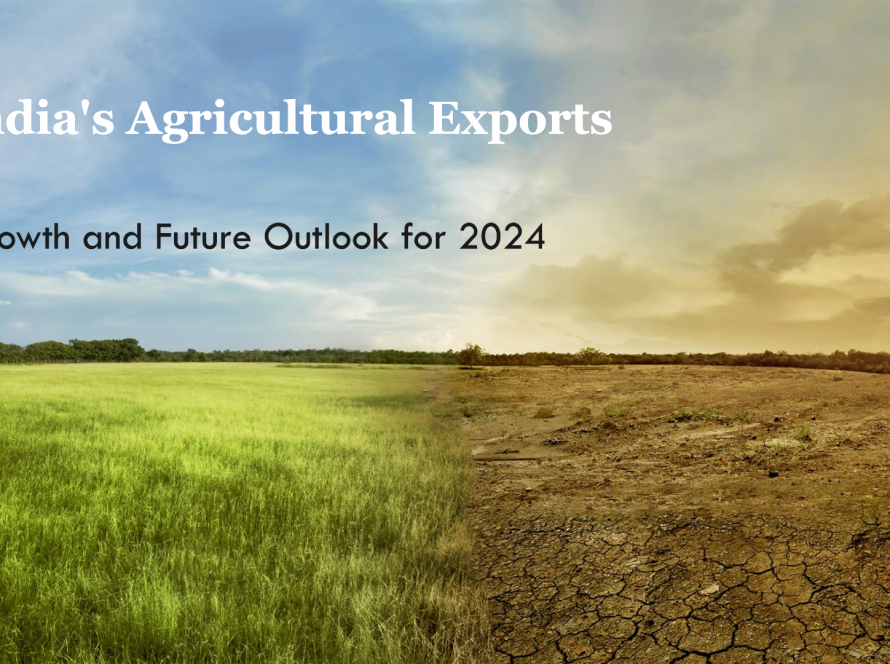India’s Agro-Based Export to Dubai: Key Products & Trade Trends
Introduction
India’s agro-based export to Dubai plays a crucial role in strengthening trade ties between the two regions. With its diverse agricultural produce and strategic location, India supplies key agro-based products like rice, spices, and fresh fruits to Dubai. Given the UAE’s reliance on food imports, India’s position as a major exporter continues to grow.
A Rich History of India’s Agro-Based Export to Dubai
India’s agro-based trade with Dubai dates back centuries, supported by geographical proximity, cultural ties, and well-established trade routes. Today, these export benefits from Dubai’s advanced logistics and infrastructure, including Jebel Ali Port and Dubai International Airport, facilitating the seamless movement of fresh and processed agricultural products.
Key Agro-Based Products Exported from India to Dubai
1. Rice
Rice, particularly basmati, is a major component of India’s agro-based export to Dubai. Known for its fragrance, length, and flavor, Indian basmati rice dominates Dubai’s rice market. India supplies nearly 80% of Dubai’s basmati rice imports, catering to both domestic consumption and re-exports.
2. Spices
India, known as the “Spice Bowl of the World,” plays a crucial role in India to Dubai export. Indian spices such as cumin, cardamom, turmeric, and black pepper are widely used in Emirati cuisine and international restaurants in Dubai.
3. Fresh Fruits and Vegetables
Dubai’s arid climate necessitates heavy reliance on imports for fresh produce. India’s agro-based export to Dubai includes popular fruits like mangoes, bananas, and pomegranates, as well as vegetables such as onions, tomatoes, and potatoes. Indian Alphonso mangoes are especially in high demand in the UAE.
4. Pulses and Lentils
India is one of the largest suppliers of pulses and lentils to Dubai, with a steady demand from the large South Asian expatriate population. Chickpeas, lentils, and black gram form an essential part of India to Dubai export in the food sector.
The Role of Free Trade Agreements
The Comprehensive Economic Partnership Agreement (CEPA) signed in 2022 between India and the UAE has significantly boosted India’s agro-based export to Dubai by reducing tariffs. This agreement enhances India’s competitive edge in the UAE market, facilitating smoother and more cost-effective exports of agricultural goods.
Challenges and Opportunities in India to Dubai Export
While India’s agro-based export to Dubai is thriving, it faces challenges such as fluctuating prices, food safety standards, and shipping delays. However, advancements in cold-chain logistics, improved food safety cooperation, and the rising demand for organic products present new opportunities for Indian exporters.
Additionally, Dubai’s investments in Indian agribusinesses and farming technologies strengthen bilateral trade, ensuring a stable supply of essential commodities.
Conclusion
India’s agro-based export to Dubai is a vital component of the UAE’s food security. With a diverse range of products, an efficient supply chain, and a focus on quality, India is well-positioned to expand its agro-exports to Dubai. As both nations continue to innovate and adapt to global economic trends, the future of India to Dubai export looks promising, offering mutual benefits for both economies.




